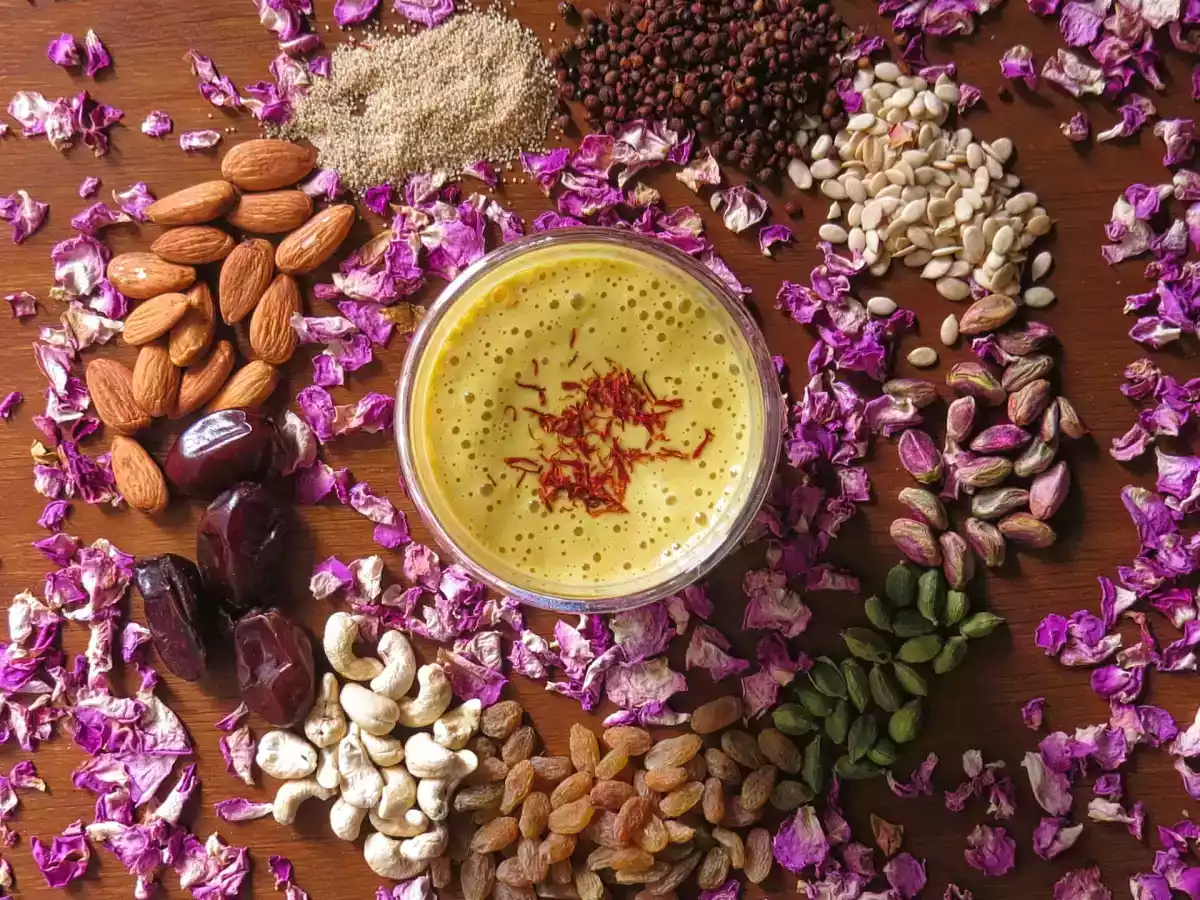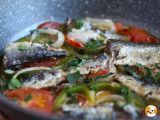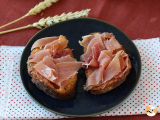Eat better: Top 5 magnesium-rich foods to revitalize your body and mind

Do you remember the periodic table with the chemical elements? Well, magnesium is number 12. This mineral is essential for our body to function properly, participating in a multitude of physiological processes. Its deficiency can have undesirable effects on our health. Do you feel fatigue, muscle weakness? You may be lacking magnesium.
If you want to increase your intake but don't really know how to do it, don't worry. In this article we will tell you which are the 5 foods richest in magnesium so that you can easily incorporate them into your daily diet.
What is magnesium for?
Magnesium is essential for the proper functioning of up to 300 biochemical reactions in the body. These are some of its main functions:
- Bone health: helps maintain bone structure and density, preventing premature wear, inflammation and reducing the risk of osteoporosis.
- Nervous system: Contributes to the proper functioning of the nervous system, helping to maintain calm and reduce stress peaks.
- Regulation of blood sugar levels: Magnesium is key to control glucose spikes.
- Heart health: Contributes to regulate blood pressure, decreasing the risk of cardiovascular diseases.
- Healthy skin: Together with hyaluronic acid and collagen, magnesium is key to avoid skin dryness and prevent premature aging.
Top 5 foods rich in magnesium
It is important to note that the daily amount of magnesium varies according to age, sex and other factors. For example, men and pregnant women require a higher dose. In addition, older people, athletes or people with type 2 diabetes are more prone to magnesium deficiency and should pay more attention to their intake.
Here are the 5 foods richest in magnesium that should not be missing in your diet:
> Nuts: almonds and peanuts are the nuts with the highest magnesium intake, followed by walnuts, hazelnuts and pistachios. You can eat them as they are or incorporate them into your salads for a crunchy touch, or use them in recipes such as cookies or homemade energy bars.
> Peas: Their intense green color and small round shape hide great nutritional value. Peas are an excellent source of fiber, protein and vitamins, as well as being rich in magnesium. Add them to stews, make some scrambled peas with egg and ham or make an original pea hummus.
> Legumes: Chickpeas, white beans, lentils and beans are legumes that provide us with large doses of magnesium. In addition to their high nutritional value, they are low in fat and an affordable superfood within the reach of any pocket. You can enjoy them in stews, soups, salads... They are versatile and delicious!
> Whole grains: Next time you have to cook pasta or rice, opt for whole grain versions instead of refined ones. Whole grains not only provide magnesium, but also help control cholesterol, weight and blood pressure.
> Seeds: Chia seeds, flax seeds, sesame seeds or quinoa are great sources of magnesium. To make the most of their nutrients, remember to hydrate or grind them. You can add them to yogurts, salads or even make a healthy jam with them.
What about you?
Do you usually include these foods in your diet? Have you ever felt a lack of this mineral? Leave us a comment sharing your experiences and recommendations! :) We love to read you.



Comments